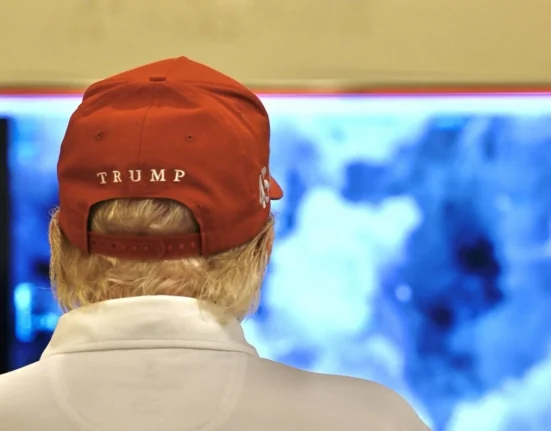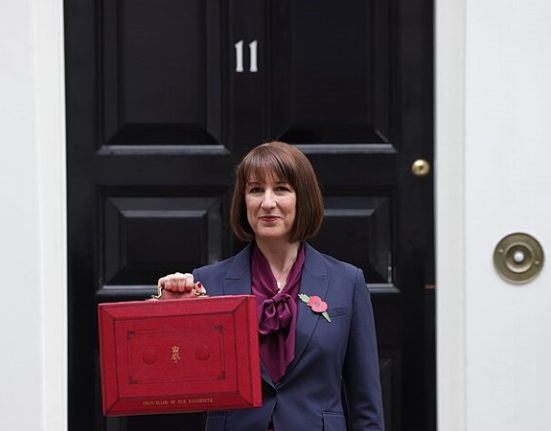Donald Trump ‘s levies on imports to the US from countries all over the world, including the UK, has sent the markets and market commentators into a spin.
Initial reactions priced in higher inflation, slower growth and more Federal Reserve rate cuts. Traders are now anticipating four 25-basis-point rate reductions from the Fed this year, with the first expected in June. And what happens in the US tends to flow through to the UK, so watch this space.
Sterling surged to $1.32, its highest level in about six months, before it relaxed back to 1.30 at the close.
“Markets are now pricing in approximately 62 basis point shift of reductions to the BoE’s benchmark Bank Rate by December, up from around 54 bps on Wednesday,” said Jaspaul Bains at Bibby Forex Ltd in its daily update.
Shock needs time to settle
Dr Matt Lyons and Dr Huanjia Ma, of City-REDI, reacting to Trump’s imposition of 25% tariffs on UK auto imports to America, said: “Rather than a shock, the West Midlands automotive sector could face a sudden and catastrophic earthquake.”
Meanwhile Prime Minister Keir Starmer said Britain will respond with “cool and calm heads”.
The PM is right. While global markets are a good barometer for many things, the shock caused by a newly protectionist America needs time to settle. It may be that, as with other things, the reality proves not to be quite as bad as the fear which precedes it.







